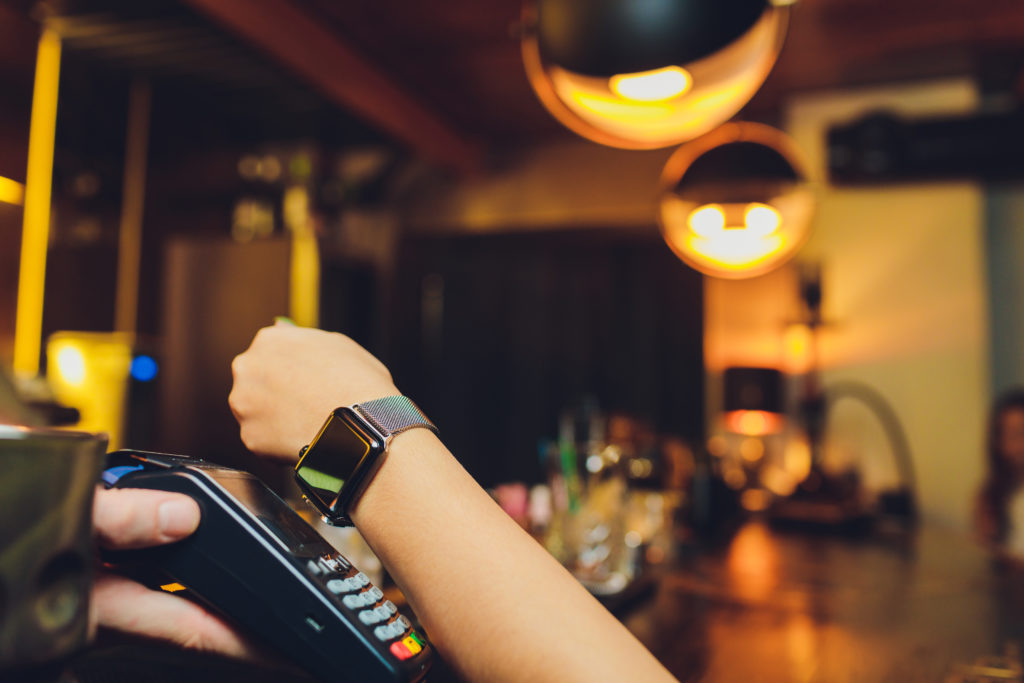The recent pandemic has caused the rate at which cash is declining to speed up dramatically. We were advised throughout the virus to wash our hands and a keep contact with things and surfaces outside of our homes to a bare minimum – including cash.
We already know that cash is a carrier of dirt and bacteria from everyday usage, therefore with the pandemic in all the headlines, our worry was directed towards the one thing that goes through millions of hands globally. How did the world react to this?
- South Korea’s central bank announced it would take notes out of circulation for at least 2 weeks
- China, where the outbreak of COVID began, introduced a deep cleaning initiative that included zapping all cash with high temperatures and UV rays
- The US Federal Reserve sought to ‘quarantine cash’ that had circulated Asia before redistributing it
- In Paris, the Louvre stopped taking cash payments from any of it masses of tourists
In the UK, retailers were asking customers to pay using alternative methods wherever possible. In fact, 27% of people asked haven’t shopped with cash at all during the pandemic.
How can your business prepare for a decline in cash?
Small businesses are the least likely to accept cards at the moment, however they need to consider accepting multiple methods of payments as soon as possible to cater for customers who no longer feel comfortable carrying cash. It is important for retailers to offer contactless, and apple and google pay, so customers can pay in the way that feels the most comfortable to them.
Offer multiple payments methods
As a business you want to cater to every possible customer, appealing to a diverse market – all ages and all walks of life, opening you up to more sale opportunities.
When investing in any future payment systems you need them to reflect your business market as well as anticipating any upcoming payment trends. To do this you should make sure your payment systems come with the latest payment technology.
Consider upgrading your card machine
According to figures from parliament, there are 5.4 million micro businesses in the UK, and research has indicated that potentially 2.2 million don’t accept card payments. There are various reasons for why small businesses don’t accept card payments – including cost – but businesses risk losing out on a large number of customers if they don’t keep up.
Large competitors are more likely to offer this flexibility, as almost nine out of 10 businesses with between 10 and 249 employees accept card payments.
If you aren’t offering customers the option to pay by card already, it might be time to future-proof your business. Card machines give customers faster transactions, and a more convenient way to pay, and it also might not be as expensive as you think. Click here to get a unique quote for your business today.
Embrace any new payment trends
Technology is moving quickly, and your customers will not only be recognising that but embracing it too. It’s a common thing to make payments now using your smartphone or watch.
A recent survey showed that people are considering alternative forms of payment, many shoppers claiming they would pay using methods such as:
- Fingerprints (26%)
- Retina scanner (16%)
- Embedded microchip (9%)
It’s important for your business to stay up to date with current trends, especially when they reflect new ways for your customers to pay. While paying with a microchip may be a long way off, it’s important to consider any way in which you can make your customers experience more convenient.
